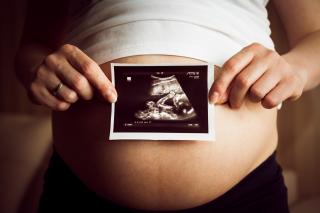Two newly updated guidance documents have been published containing practical and useful information for sonographers and diagnostic and therapeutic radiographers.
The recording of images and clinical discussions by patients during diagnostic imaging, interventional procedures and radiotherapy treatments. Second edition
Requests by patients, family and friends to record diagnostic imaging investigations and clinical discussions or treatment using mobile phones and other devices, is becoming more frequent.
Many healthcare professionals and students may have concerns when asked by a patient or someone accompanying them if they can make their own recording, including concerns that these will be used in some way against them. There can, however, be very good reasons for these requests and it can help patients make informed choices.
This document gives advice on the issues involved and links to national guidance published by organisations such as the National Institute for Health and Care Excellence (NICE). It also refers to the 2018 General Data Protection Regulation and previously published advice from NHS Protect (England).
NHS obstetric ultrasound examinations. Guidance on sale of images, fetal sexing, commercial considerations and requests to record. Third edition.
Prospective parents welcome the opportunity to obtain images of their developing baby and to be able to share these with their family and friends. Parents will also often ask the sonographer to reveal what the fetal sex is.
The time allowed to perform an ultrasound scan for diagnostic or screening purposes under NHS provision is limited. Adding non-essential services to the ultrasound scan increases the time required, which can have an impact on other patients with pressing clinical needs.
It can also conflict with the purpose of the examination which, under NHS funded provision, will be performed for a specific clinical reason, or as part of a national screening programme for fetal abnormality. There can also be major distractions caused to the sonographer in a litigious area of practice at a time when very high levels of concentration are required.
The guidance relates to NHS commissioned ultrasound examinations performed for screening or diagnostic purposes as part of a national screening programme for fetal abnormality; or other scans performed for diagnostic or monitoring purposes that are funded as part of overall NHS maternity provision and are free to the mother.
